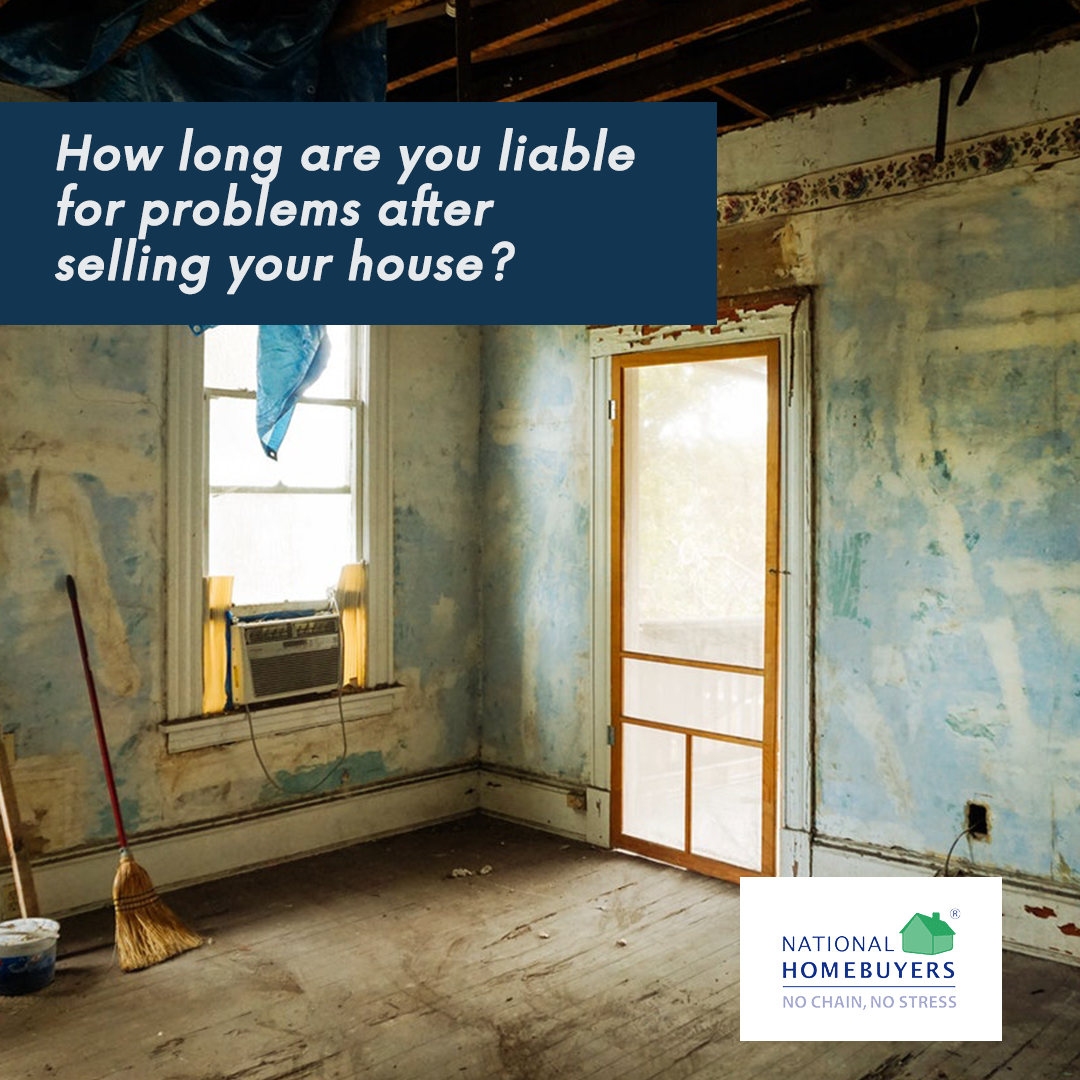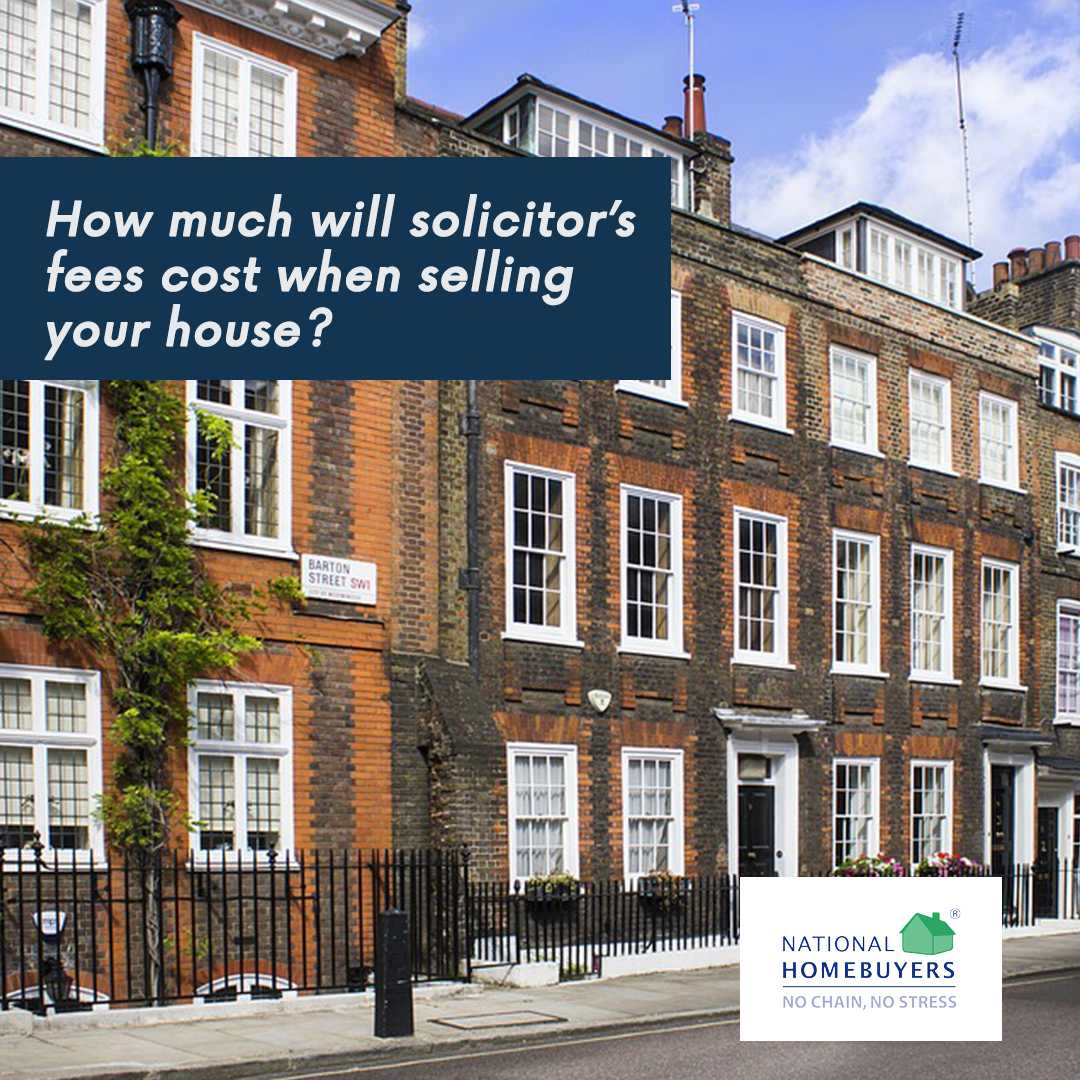How To Sell A House In A Slow Market
How To Sell A House In A Slow Market
Selling a house often involves bowing to the power of the influences that affect the property market. There are, however, certain things that you can do to learn how to sell a house in a slow market.
How does a slow market affect house sales?
The housing market is a strange entity. It can be affected by multiple factors for both better or worse and the results can often be dramatic – this is largely because the health of the housing market and sold house prices are forever at the mercy of consumer confidence.
A slow market, by definition, does not necessarily mean that the economy is in the throes of a recession. While a recession is defined as two consecutive quarters of negative growth¹, the property market will often fluctuate month to month as a result of legislation being changed, interest rate changes and even the weather – and as the property market is buoyed by consumer confidence2, any fears experienced en masse by the prospective house buyers or sellers in the UK can easily cause a slowdown in the housing market.
For example, potential sellers are more likely to hold on to their homes if they read reports about the market beginning to stagnate, as this can have a devastating effect on the size of the purchase offers they receive. Moreover, if they fail to sell within a reasonable timeframe, once the market recovers, they may be forced to drop their asking price in order to counter the suspicions held by potential buyers that it hasn’t sold because it has underlying issues3.
Potential buyers are also less likely to be searching for a new home if they read that the market is stagnating as they know the selection will be poorer. However, there will be certain savvy buyers who will use a slower market to their advantage by providing sellers with low-ball offers, hoping that some of them will be desperate enough to sell4 – although this practice is becoming less common.
How does a slow property market affect the economy?
Of course, when the market is moving slower than it should, there are often wider consequences for the country’s economy as a whole:
- Businesses such as estate agents that depend on the positive buoyancy of the market can find themselves in a worrying financial position leading to branch closures5 and limiting the competition outside of big cities.
- The Bank of England can be forced to change interest rates, limiting the cost to consumers of the charges that banks pass on when they borrow from one another6, the consequences of which mean that…
- Banks may become unwilling to lend during these times of crisis7, hindering the economic flow of money.
- Depending on the length of time that the market is considered weak, house price growth can fall8.
As two thirds of all properties are owned (or mortgaged), and only one third are rented it is fair to say that a large amount of personal wealth is tied up in property ownership, and if homeowner’s assets fall in value, they are less likely to be spending their expendable income on other items and experiences such as meals out, concerts and various luxuries, causing a slowdown in hospitality and other manufacturing industry sectors2.
What steps can I take to sell my house in a slow market?
If you’re already trying to sell your home fast in difficult market conditions, it is important to establish whether or not the failure to sell is a result of the slow market itself – or whether there are other factors at play. This means bearing the following in mind:
- Be realistic with pricing – valuing a house is never based on guess work, but rather comparables from the same area while also taking into account any unique structural changes or décor. While people may believe that they have had work done on their home that adds value, the additions they have made may not be of interest to potential buyers, and a house is only worth what a buyer is willing to pay9.
- Choose the right agent – choosing an agent to help you sell your home is one of the most important steps in the traditional house-buying process. Many sellers find themselves being swayed by the competitive prices of agencies who cover the entire country10, realising too late that they would have had more luck with a local agent with more experience selling in their area9.
- Keep your home at showroom quality – while it can be a pain cleaning and tidying up as you go, keeping your home at showroom quality allows you to be ready for a viewing, no matter when the call comes. A clean and tidy house will also fetch a better price than a home that isn’t cared for9.
- Take great pictures – if you know that you will be selling your home in the near future, make sure that you are pro-active and take some photos of your home on a bright summers day with clean windows and a nicely presented yard or garden. If you need to sell your house in a slow market and it’s the middle of winter, your home won’t seem as inviting if buyers can’t see it’s potential.
- Be personable during viewings – when prospective buyers attend a viewing, it is only fair that they are given the space to voice both their objective and subjective opinions – and as the owner, you may not always like what you hear so it’s important to give them space to look around without interference. Make them feel welcome upon arrival, and when they do ask questions, respond politely and informatively11. In a similar fasahion to buying a car, if a seller comes across as polite, calm and intelligent, this gives you confidence that the car has been well maintained and cared for, and you are more likely to pull the trigger on a purchase – and the same is true for housing.
I Need to Sell My House Fast, What Are My Options?
There are some situations where regardless of the effort you invest, your house still refuses to sell via the traditional methods. So, what are your options if you need to sell your home fast during a slow market?
Auction Houses are another popular way of presenting your home to prospective sellers. Similar to estate agents, auctioneers will take a percentage of the profit – often between 2-3% – so it is in their best interests to sell for as higher price as possible.
However, due to the amount of work necessary for an auction house to market your home before the auction itself, even if your house fails to sell you will still be liable for their costs – often in the range of £1,200-£1,50012. However, there are many auctioneers across the country, allowing you to find a local business that knows your area well.
It is worth mentioning that auction houses are usually frequented by investors, looking to pick up a bargain for renovation purposes12, as well as buyers looking for homes that are non-standard and a bit quirky. For these reasons, standard homes can sell for as little as 40% of their full market value.
Online property portals such as Purplebricks or YOPA are able to sell your house via their websites at a fixed fee, as opposed to a percentage-based fee that an estate agent would normally require. However, as with many great offers, there are strings attached.
Many online estate agents require you to use their own services for valuations – and these services often require additional fees. There have also been numerous complaints upheld by the advertising watchdog in regard to unclear advertising. An example of this is when the fixed fee itself is payable whether or not your house manages to sell, and Purplebricks’ 2016 claim to save a seller an average of £4,158 in fees versus standard estate agents was heavily critiqued because the claim was based on commission figures that had been published five years previously13.
While there are trustworthy companies out there who are willing to help you sell your house, it’s important to remember that sometimes, the client is also the customer, and they always intend to make a profit. So make sure you read the small print before signing on the dotted line.
Thankfully, there is another way to sell your home without having to deal with additional commission fees, and this is through the use of house buying companies.
Companies such as National Homebuyers are capable of selling your home in as little as two weeks from the first point of contact – which is great for those who need to move house due to a sudden change in personal circumstances. National Homebuyers will buy any house for cash, regardless of condition or location, and always for a competitive price – even offering the seller additional financial support to cover any legal fees associated with the sale.
With an ever-increasing number of satisfied customers, why not make an enquiry and see how easy the house selling process can be?
Are you worried that the condition of the housing market could be affecting the sale of your home? Why not ask National Homebuyers for advice, as we buy any house. Call 08000 443 911 or request a call back to find out how much you could get for your property before it’s too late.
Sources:
¹ BBC (Anon) (2008) Q&A: What is a recession? Available: http://news.bbc.co.uk/1/hi/business/7495340.stm. Last accessed 28th Oct. 2019.
2 Anon. (2018). How does the housing market affect the economy?. Available: https://www.bankofengland.co.uk/knowledgebank/how-does-the-housing-market-affect-the-economy. Last accessed 28th Oct 2019.
3 Anon. (2017). Making an offer – and haggling over the price. Available: https://hoa.org.uk/advice/guides-for-homeowners/i-am-buying/making-an-offer-and-haggling-over-the-price/. Last accessed 28th Oct 2019.
4 Smith, K A. (2018). Should fear of the next recession keep you from buying a home?. Available: https://www.bankrate.com/mortgages/buying-a-home-before-recession/. Last accessed 28th Oct 2019.
5 Kollewe, J. (2019). UK estate agents at their gloomiest for 10 years, says Rics. Available: https://www.theguardian.com/business/2019/feb/14/uk-estate-agents-house-prices-are-at-their-gloomiest-for-10-years-says-rics. Last accessed 28th Oct 2019.
6 Anon. (2018). Interest rates and Bank Rate. Available: https://www.bankofengland.co.uk/monetary-policy/the-interest-rate-bank-rate. Last accessed 28th Oct 2019.
7 Richards, K. (2019). The Financial Crisis – Changes to Lending Policies. Available: https://www.cashfloat.co.uk/blog/money-borrowing/crisis-changes-lending-policy/. Last accessed 28th Oct 2019.
8 Canocchi, C. (2019). House prices grind to a halt as Brexit chill extends beyond London and the South East to slow property markets across the UK. Available: https://www.thisismoney.co.uk/money/mortgageshome/article-7524071/Nationwide-House-prices-grind-halt-Brexit-chill-extends.html. Last accessed 28th Oct 2019.
9 Thomas, H. (2018). How to get your home sold in a slow property market: From painting the front door, to how to price it right… tips to make your move happen. Available: https://www.thisismoney.co.uk/money/mortgageshome/article-5542545/Selling-house-paint-door.html. Last accessed 28th Oct 2019.
10 Dare-Hall, Z. (2019). Looking to move but can’t sell your home? How to make a deal in this slow market . Available: https://www.telegraph.co.uk/property/uk/tweak-asking-price-offer-sweetener-sell-home-slow-market/. Last accessed 28th Oct 2019.
11 Bennett, G. (2019). How to sell your home in a slow market. Available: https://www.thetimes.co.uk/article/how-to-sell-your-home-in-a-slow-market-t9839wn93. Last accessed 28th Oct 2019.
12 Cheung, C. (2019). Property auctions. Available: https://www.which.co.uk/money/mortgages-and-property/first-time-buyers/buying-a-home/property-auctions-athvb3j7lmd4#headline_8. Last accessed 28th Oct 2019.
13 Dean, S. (2017). Purplebricks apologises for repeating banned claims after share price falls 7pc. Available: https://www.telegraph.co.uk/business/2017/08/03/purplebricks-apologises-repeating-banned-claims-share-price/. Last accessed 28th Oct 2019.






